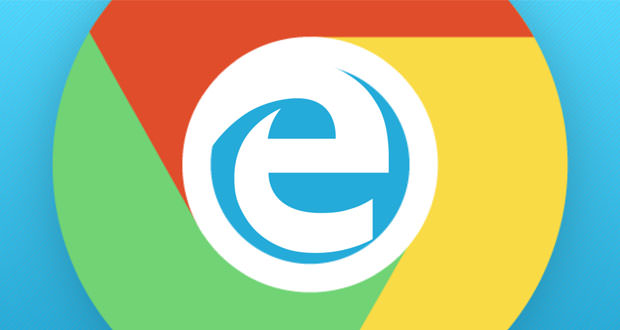Edge based on Chrome, the roll-out on Windows 10 starts: the old version will disappear
Microsoft has rolled out the new Edge on the latest versions of Windows 10. The old version will be replaced entirely and will no longer be executable.
Microsoft has just started the roll-out of the new version of Edge based on Chromium for Windows 10 users. It is an unavoidable update for consumer users since, for those who have the latest versions of the operating system, they will automatically receive the new version via Windows Update. Once the package is accepted, the old Edge will be completely replaced by the new iteration on a Chromium basis.
The situation changes for corporate users who take advantage of Windows Update for Business (WUfB) updates, who can choose to bypass the roll-out of the new version through the Blocker Toolkit and stay with the traditional browser. Even using the tool, there is nothing to install the new version manually.
New Edge based on Chromium, the advantages
In 2018, Microsoft announced its plan to replace Edge with a new version with integrated Chromium as an engine. It is the same engine on which several known browsers are based: in addition to Chrome, Opera and Vivaldi also use the same engine. The advantages are several: in addition to compatibility with the myriad of extensions already present and well functioning on Chrome, the new browser offers the possibility to change user profiles as well as a user experience comparable to that of the Google browser.
Born with the promise of bringing innovation and versatility to a firm market in terms of ideas, Microsoft Edge has never been a great success with audiences and critics alike. In 2017, Satya Nadella said she was frustrated by the mixed reactions about the software and by how Chrome continued to grind proselytes, becoming the default browser increasingly for the masses. After discussing the pros and cons of such a delicate operation (also in terms of marketing), Microsoft has thus chosen to revolutionize Edge and base it on the Chromium engine.
To date, Chrome holds more than 60% of the browser market, according to the latest Statcounter data, and Edge has only 2.13% of the market. Microsoft’s new modern browser, although pre-installed on Windows 10, hasn’t even managed to get past Internet Explorer, and Opera and Firefox are also in a more advanced position. One of the serious shortcomings of Edge is certainly that of extensions: there are some, but Chrome from this point of view is much further ahead.
Microsoft plans to play a new card. But will the Chrome engine and extensions be enough to convince more users to use the Microsoft browser? Now that the roll-out has started, we just have to wait for the reaction from the public.

